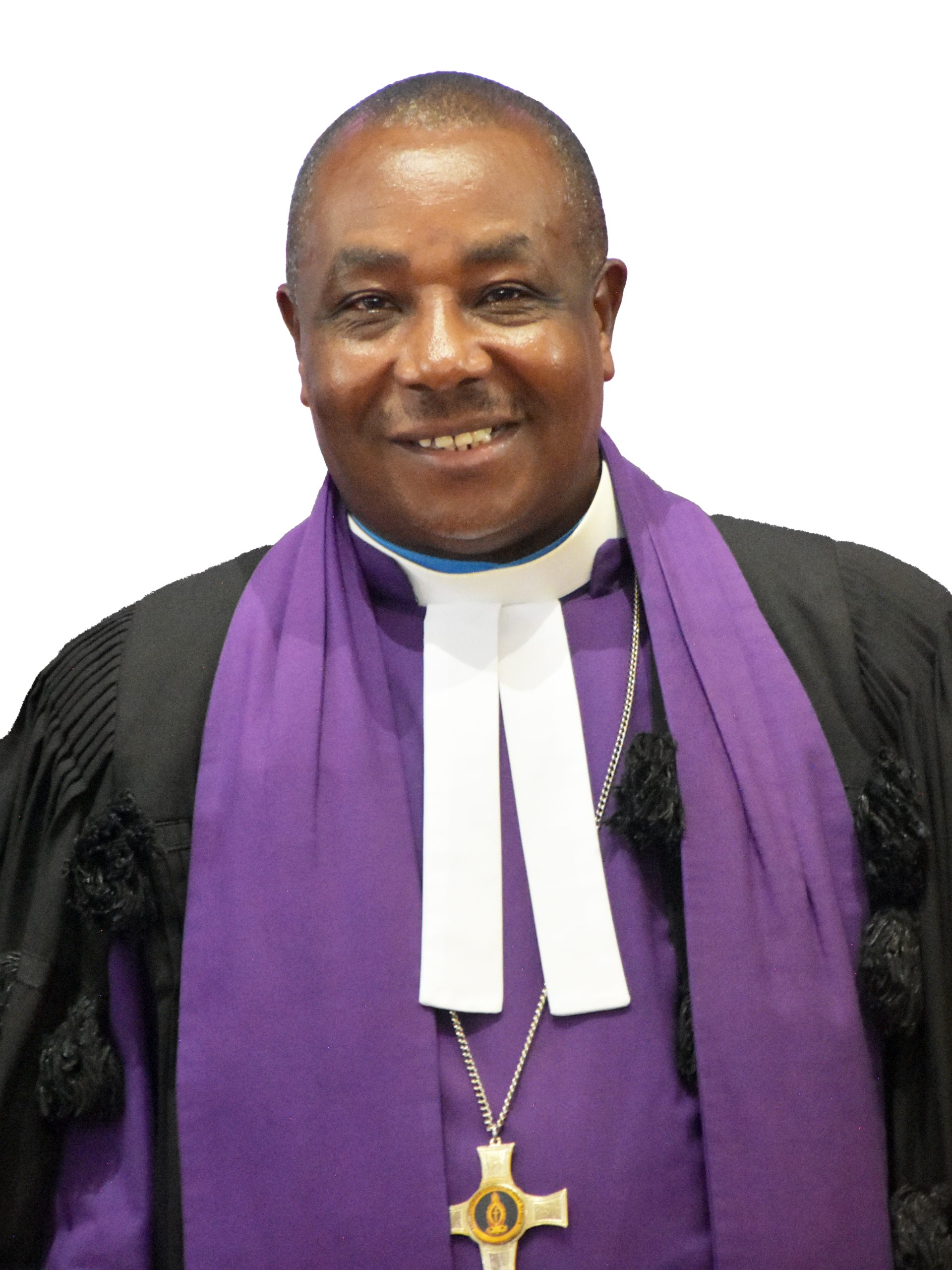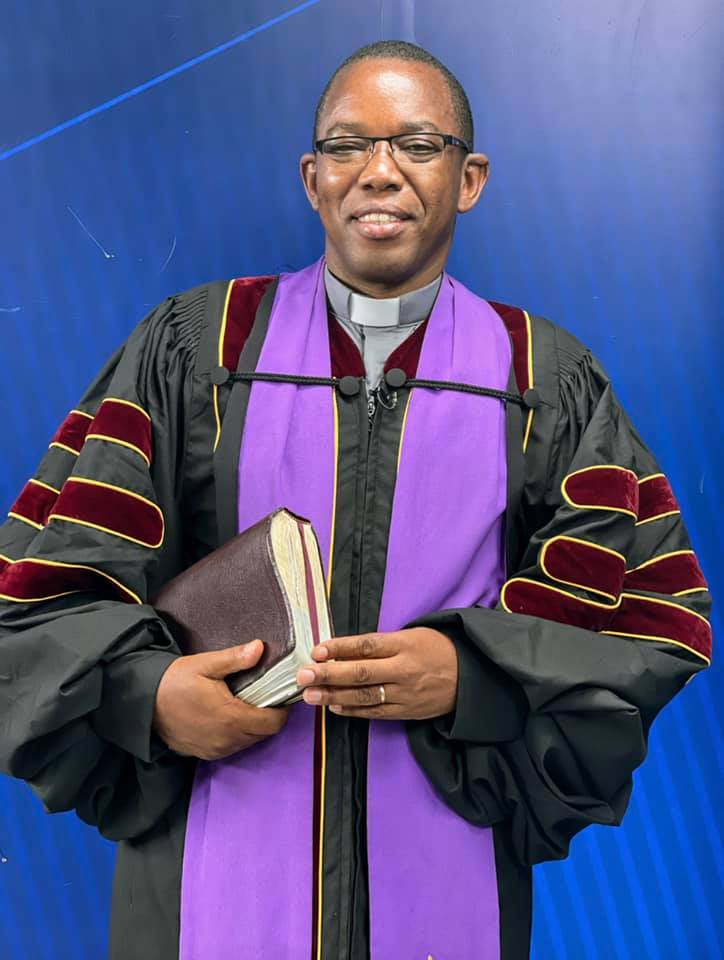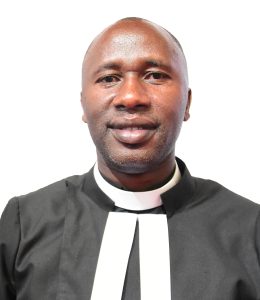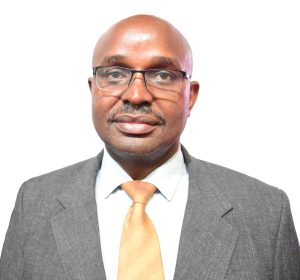The General Assembly
The General Assembly is the governing body of the whole church and the highest court of appeal in judicial matters. It consists of approximately 400 voting commissioners, including the General Assembly officials, past G.A moderator, stated clerks of the previous assembly, ministers and ruling elders commissioned by their presbyteries.
Vision
To Empower, Equip, Build & Transform God’s people for effective service through Preaching, Teaching & Witnessing in words & deeds.
To be a Great and Dynamic Godly Model Church for holistic Service in Pursuance of the Great Commission.
To be a Great and Dynamic Godly Model Church for holistic Service in Pursuance of the Great Commission.
- Call : +254722205051
- +254734333040
- Email : info@pcea.or.ke
- PCEA Jitegemea House, Muhoho Avenue South C, Nairobi-Kenya P.O Box: 27573 - (00506)




